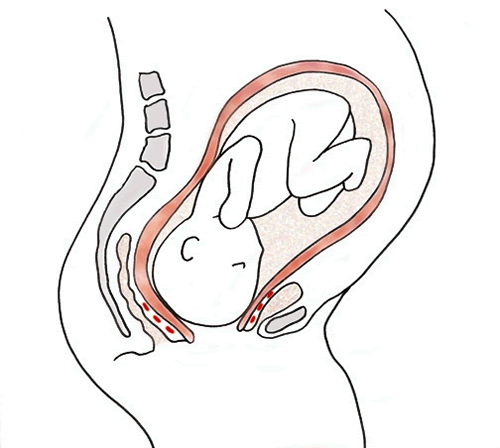What is a Fistula?
An obstetric fistula is a devastating medical condition resulting from difficult childbirth. All fistulas involve the creation of extraneous passageways within the body that damage sensitive areas. There are two main types of fistulas that occur during pregnancy. In vesico-vaginal fistulas, an unwanted hole develops between the vagina and the bladder. A recto-vaginal fistula is a hole that develops from the vagina to the rectum. Both types of fistulas alter the basic body functions of affected girls and women, bringing lifelong problems.
What Causes a Fistula?
Women who become pregnant at a young age, or are small-statured due to malnutrition are at higher risk for complicated childbirths resulting from smaller pelvic bones that surround the birth canal. Fistulas result from lack of modern medical care during childbirth, specifically cesarean sections. In poorer regions, the scarcity of medical technology makes care too expensive for many women. As a result, women who cannot give birth naturally have no opportunity to get a cesarean section, causing prolonged, obstructed labor. Without proper care, babies are not delivered on time, leaving them in the womb for an extended period of time. Often, the baby does nor survive; the mother must continue pushing in vain after the baby has stopped moving. The constant pressure of the baby’s head against the mother’s pelvic bone cuts off blood supply, thus causing tissue degradation in the vagina. This can open holes between the vagina and the bladder or the rectum, creating a fistula.

What are the Effects?
Fistulas have many serious physical effects on women:
- Babies almost always die as a result of prolonged labor
- A fistula prevents the mother from properly disposing of bodily waste, causing them to leak feces and urine uncontrollably from the vagina
- Fistulas lead to ulceration, or skin damage, around the genital area
- Fistulas can damage women’s lower limbs, causing a condition called “foot drop”, which makes walking painful and difficult
Beyond physical damage, fistulas cause severe social damage to women:
- Fistulas are culturally misunderstood to be a curse brought on by bad behavior, or a sign that a woman is dirty
- Husbands of affected women often divorce and abandon their wives
- Women are often left with no way to support themselves
- The stigma and foul smell lead their communities to exile them, forcing them to live in social isolation
- People refuse to buy products made by a woman who is “cursed” with a fistula, so they are economically stranded
- Life as a social outcast can bring serious mental harm, including depression
How are Fistulas Repaired?
Many fistulas are cured with a single surgery. In a proper medical setting with a trained provider and adequate supplies, surgeries can yield success rates of over 90%. The biggest challenge for women is finding a health facility that has a surgeon trained in fistula repair. Most hospitals in areas with high fistula rates have very few medical professionals who know the specifics of fistula repair.
Who is Affected by Fistulas?
Fistulas affect women and girls in poorer regions of the world who do not have access to professional childbirth resources – primarily Africa and South Asia. They are also more likely to occur in women with smaller, less developed frames, as in cases of child marriage or malnutrition.
